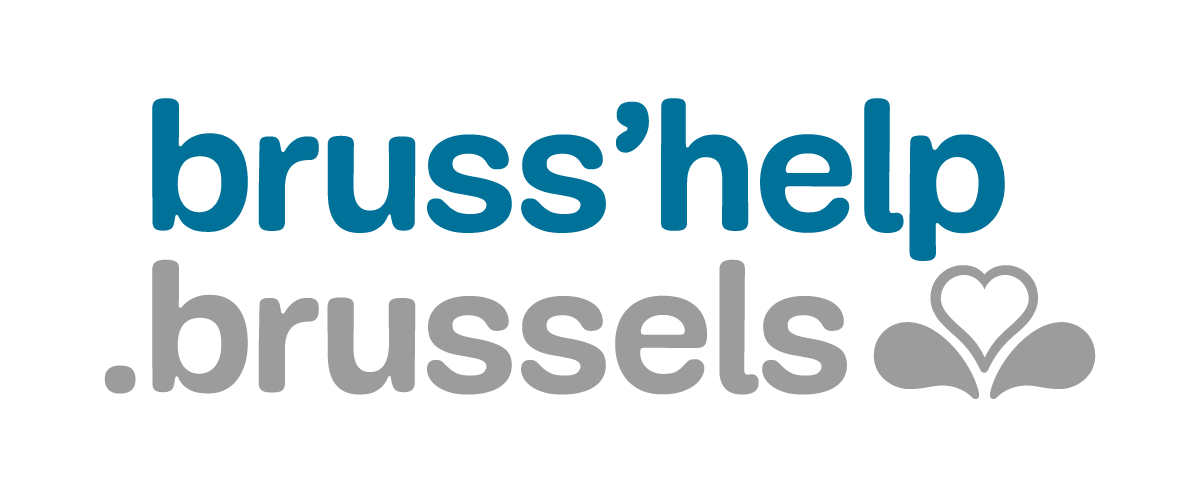The added value of a comprehensive approach to supporting homeless and inadequately housed people
|
The pathway to reintegration for homeless and inadequately housed people is often fraught with difficulties. When they start to receive support, they are confronted with many obstacles, such as the complexity of the procedures or the slowness of the administration, which can hinder their progress and contribute to their instability. In view of this, the Rights First project partners sought to facilitate the process and improve the support pathway for people in precarious situations by proposing a more comprehensive approach.
Responding better to individual needs
Successful support must be human-centred and adapted to the individual's situation. It is a question of offering "services that adapt to people, not people who adapt to services".
Within the Rights First project, this personalisation of support implies understanding each situation in a global way: support is provided by taking into account vulnerabilities as a whole, and not separately.
For example, for a homeless person who has no income and no reference address, a solution would be tailored to address all of these difficulties.
A smooth and efficient support
Once the needs have been identified, an action plan specific to each person is developed. To do this, Rights First focuses on three key areas for reintegration: access to rights, housing and employment solutions.
Strong collaboration between partner organisations is therefore essential in order to make the beneficiaries' pathway as smooth as possible. Also, if one of these issues requires further support, the person can easily be directed to a partner with expertise in the field. Furthermore, collaboration between public (OCMWs and Actiris) and associative partners allows for the optimisation of the coherence and fluidity of the assistance.
Closer monitoring of the results
Finally, the adoption of a global approach to supporting vulnerable people has a clear advantage in terms of monitoring and evaluating results. This approach makes it possible to obtain better follow-up of each person's pathway: the pathway of the beneficiaries and their evolution are followed in a more complete manner. This aspect is currently at the heart of the work of the Rights First project partners, who wish to develop a monitoring system that is both adapted to all the actors and conducive to a complete observation of the progress made.
Finally, it is a question of monitoring the progress and quality of the project and its holistic approach in order to achieve its objectives.
All information disclosed reflects the opinion of the author only. The European Commission is not responsible for any use that may be made of the information.
![]()




